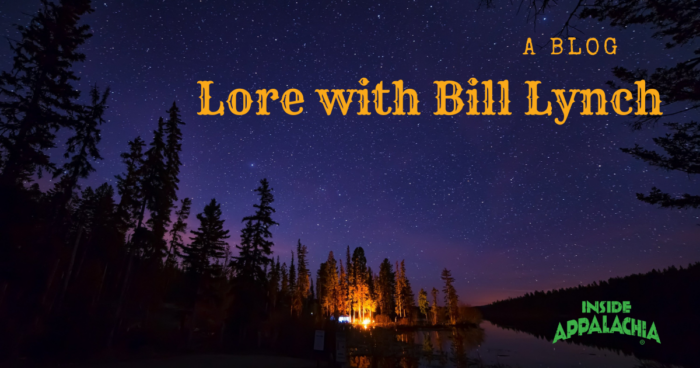Italian Heritage Festival Highlights Clarksburg’s Unique History
In Clarksburg, Labor Day means one thing: Italian Heritage.
Continue Reading Take Me to More News
Lore is defined by Merriam-Webster as “Something that is learned. Traditional Knowledge or Belief. Tribal Lore. Knowledge gained through Study or Experience.”
That last part is important. Experience.
Some things you can’t quite get a grasp on just from reading a book or listening to someone talk at you. You have to put your hands on what it is you want to know. You have to spend some time with it.
I’ve lived in Appalachia nearly my entire life, but a lot of the culture that’s part of Appalachia is a mystery to me. I don’t hunt. I have never been whitewater rafting (on purpose) and have never stepped foot inside a coal mine or handled a snake in church (or anywhere else).
I don’t clog, flatfoot or contra dance. My mother didn’t make chocolate gravy for breakfast on special occasions (or any occasion) when I was a kid. I don’t make biscuits from scratch. I buy them. They come in a can (or from a bag at the drive-thru) and I’ve never tried chow-chow or apple stack cake. I have never even seen muscadine pie.
Honestly, up until a week ago, I thought chow-chow was a kind of dog and didn’t know you could eat muscadine grapes.
It’s more than a little awkward.
Appalachia is forever associated with the Appalachian mountains. I grew up in Giles County, Virginia, which has an access point onto the Appalachian Trail. All summer long when I was a kid, I used to see hikers from the trail wander through town on their way to the post office to pick up their mail and maybe to find a bath. In college, I served these hikers pizza and sandwiches at Papa’s Pizzeria. They’d eat like horses. In between mouthfuls, they’d tell me about their adventures.
Sometimes, I was the first person they’d spoken to in days.
As an adult, I’ve read books and magazine articles about the Appalachian Trail. I hate camping, but I’ve flirted with the idea of taking on a long trail hike more than once. I even have a hiker’s map of the trail hanging up in my office, but I’ve never visited — not even for just the day.
There are dozens of other things, really — boxes on an All Things Appalachia list itching to be ticked.
So, I’ve started this blog and I have some recording equipment to make some radio stories for Inside Appalachia. There are things I’m very interested in knowing, things I’m sort of interested in learning about and things I’m not entirely sure I want to know at all, but I’m curious to see where this all goes.
